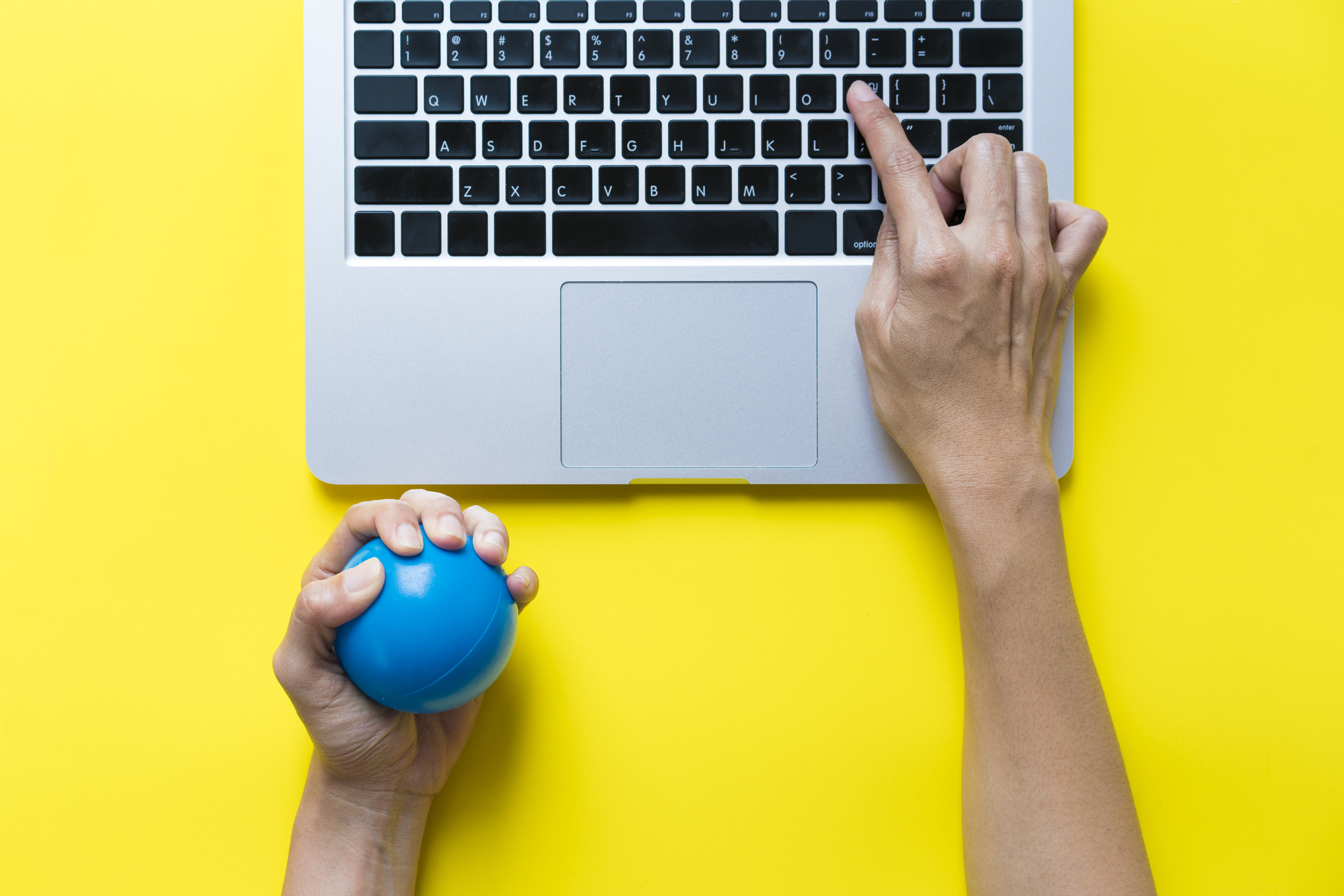Ever dreamed of ditching your commute and working from home every day — or becoming a freelancer with a flexible schedule and time to travel?
You’re not the only one… but as with so many things in life, the reality tends to be a bit different from the fantasy.
Reports state that roughly 50 percent of the American workforce will be freelancers by 2020. The increasing number of people opting to ditch their 9-to-5 is the result of numerous factors, from corporate to cultural.
And it’s not hard to understand how the desire to be more independent, be your own boss, and work from anywhere is leading more people to go freelance.
From the outside, it seems like the perfect lifestyle.
When I first became a freelancer, I had the misconception that I’d be living an idyllic life similar to the pictures I’d seen on social media. Little did I know that I would be working more hours than a day job, start stress eating, and lose touch with friends because of work.
When you can literally roll out of bed and start work, it can be extremely difficult to leave the house. I once realized I hadn’t showered or left the house in three days.
Staying inside to focus on work became an unhealthy habit. It wasn’t until I forced myself to sign up for kickboxing classes that I was actually accountable to leave the house, interact with other people, and destress in a healthy way.
Don’t get me wrong — there are definitely perks to being a freelancer. But almost anyone who has made the transition will tell you to prepare yourself for the struggles that often come along with it.
Caring for your mental and physical well-being should be part of any plan to move your work life out of the office and into your home.
I asked some successful freelancers to share their advice on how they manage their mental health, professional and personal priorities, and stress levels. Plus, I’m sharing a few of the tried-and-true tips that have helped me build a satisfying solo career, too.
Try to work a set number of hours each day
“When you’re your own boss, you get the flexibility to create your own schedule, but it’s easy to overwork yourself too. We both work more hours having our own business than we ever did with a desk job. It’s especially hard to have work-life balance when you use social media to show a more personal side to your business. The lines become blurred between what you do for work and what is part of your personal life. To avoid burnout, we have to make a conscious effort to set hours for ourselves. This year, we’re trying to max out our hours at 40, and take the rest of the week off once we hit those hours.”
— Esther Julee and Jacob Fu, travel bloggers
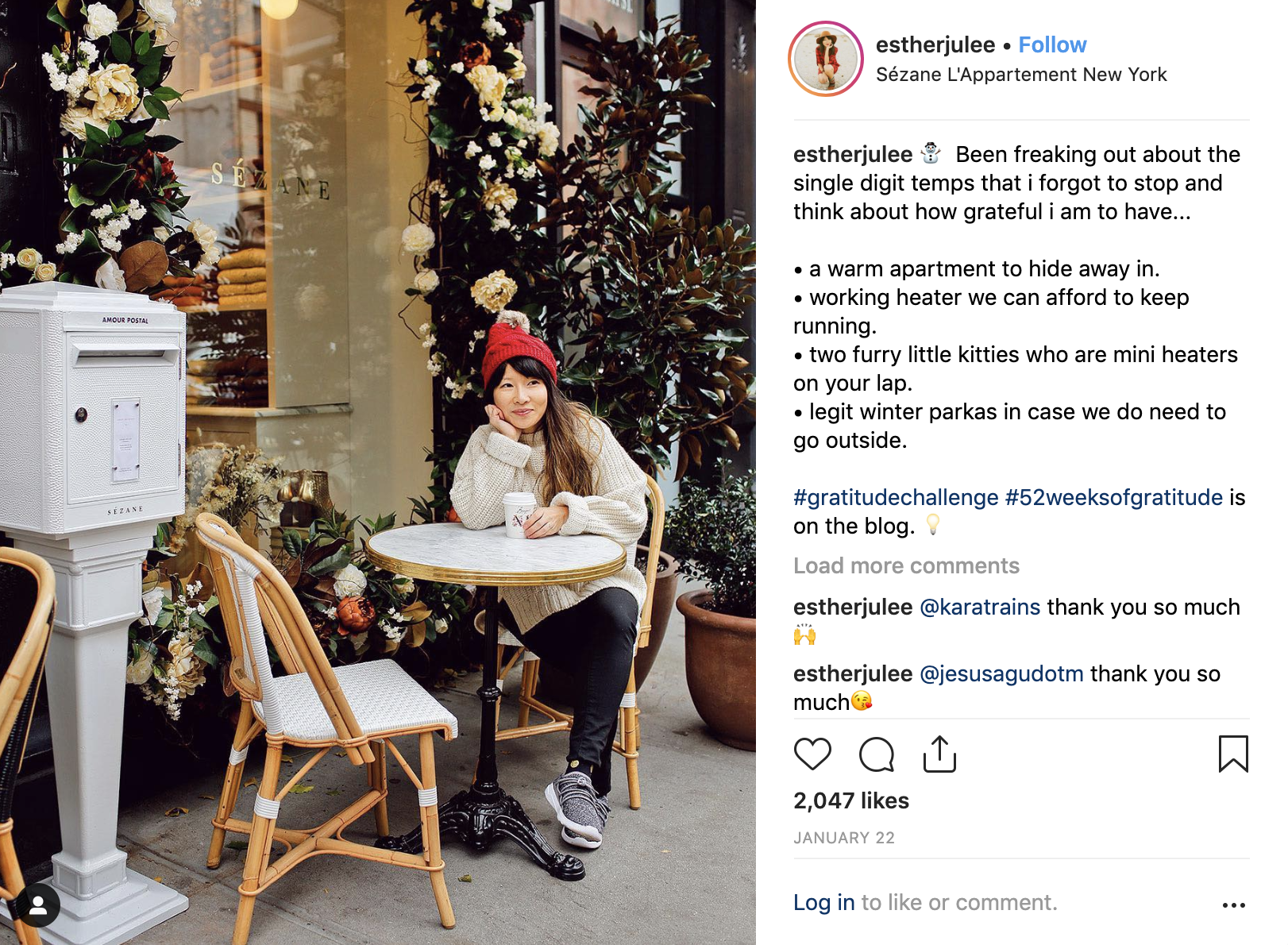
Set clear boundaries with clients — and yourself
“Boundaries are everything. It’s important to only work inside our daily business hours. It’s our job to set expectations with our clients and we do this through communication and follow-through. Our actions need to match what we say because it will train people on what to expect from us. This means no checking or answering emails after work hours. When we master our boundaries, we have space to unplug and enjoy ourselves.”
— Louiza Megan, business strategist
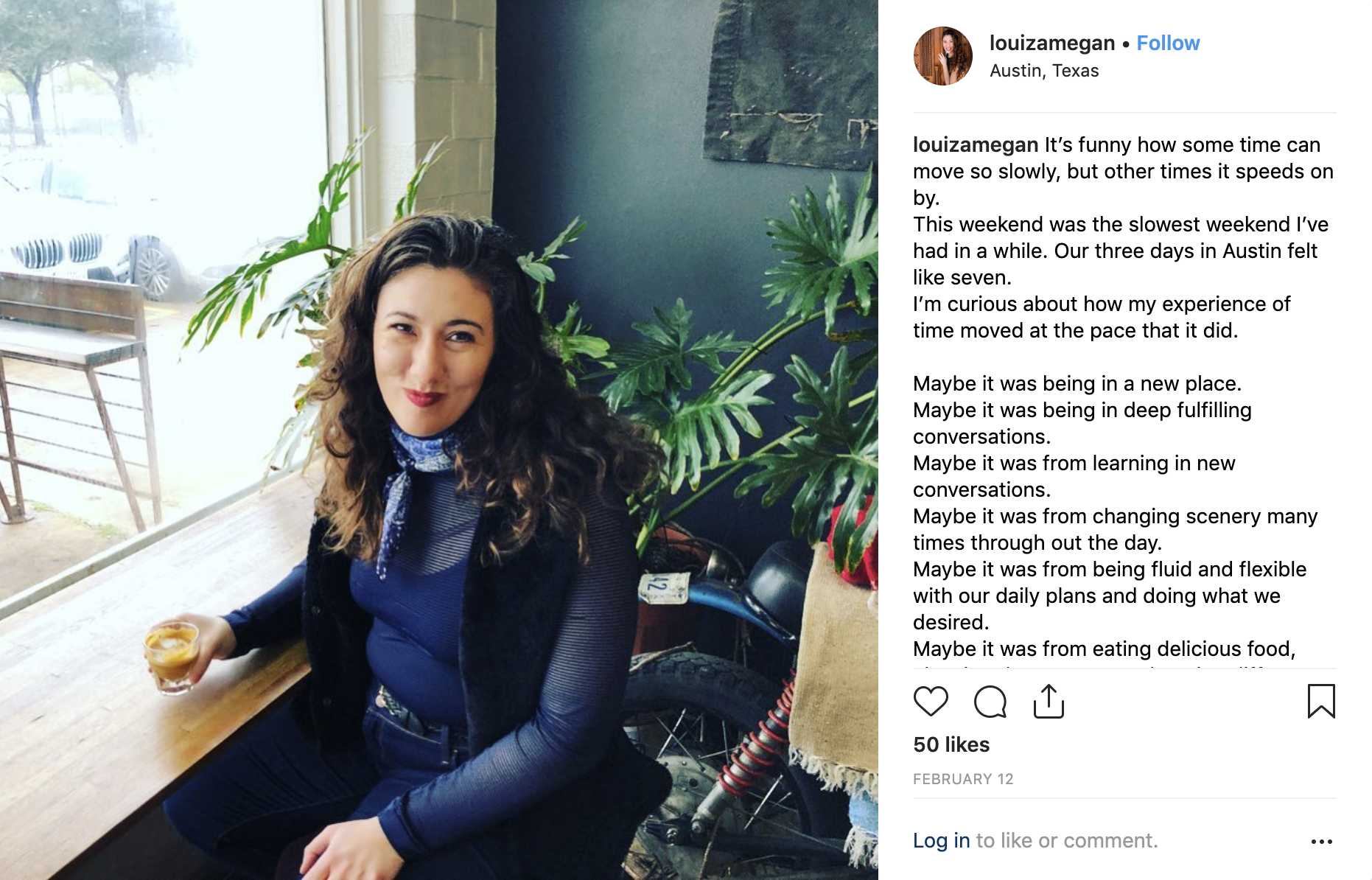
Learn to say no
“I can’t give 100 percent of myself to my clients — even when I have a million things going on at once. My current way of dealing with burnout is saying no to more things. I’m a party of one, and it just isn’t possible to do everything — or sustainable.”
— Nicole Sunderland, photographer and travel writer
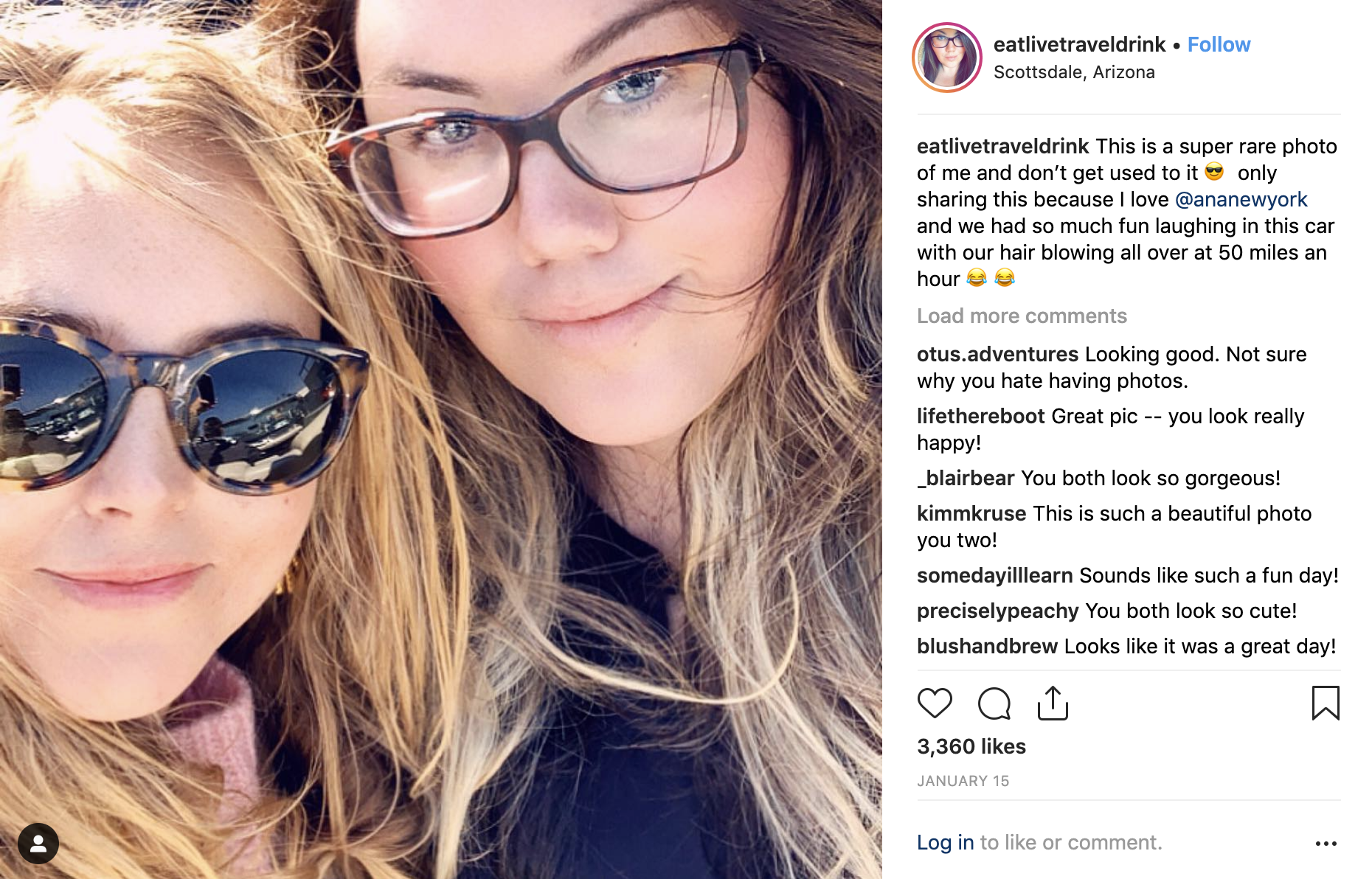
Find a ‘living space’ or hobby outside your home
“When possible, it helps to have a dedicated work space and separate personal space at home. That didn’t happen in our tiny studio in NYC, so at the beginning of the year, we ended up working from the moment we woke up to the moment we went to bed. Our solution was to find a hobby to help us separate our work and personal space. We ended up spending a lot of our evenings at the climbing gym, which essentially became our living space to hang out with friends. In the next place we move, we plan on getting a place with an office, bedroom, and living room.”
— Jacob Fu, travel blogger

Choose locations that function for work and play
“I can work from anywhere I like. Anywhere I like is the key to my stress management. I relish the flexibility freelancing allows me in my life, and use it to my benefit. At least once a week, I leave the house and intentionally set up “office” at a favorite pub or coffee shop. This always includes treating myself to a delicious latte, or rewarding myself with a tasty IPA when work is done. I also choose my location to put me in close proximity to whatever events or socializing I may be partaking in on that day so I have a jump on traffic or parking congestion. Getting out of the house to work and appreciating the flexibility I have reduces my stress.”
— Monica Haro, social media freelancer
Schedule 5-minute breaks twice an hour
“In a perfect world, I would be able to work without getting distracted by social media or Netflix. But, that isn’t reality and I often feel guilty wasting time on my phone or binge-watching movies. I began to use the Pomodoro method that allows me to manage my time more efficiently. The technique uses a timer to break down work into 25-minute intervals with 5-minute breaks. The best part? You can take breaks and be guilt-free!”
— Debbie Arcangeles, blogger and podcaster
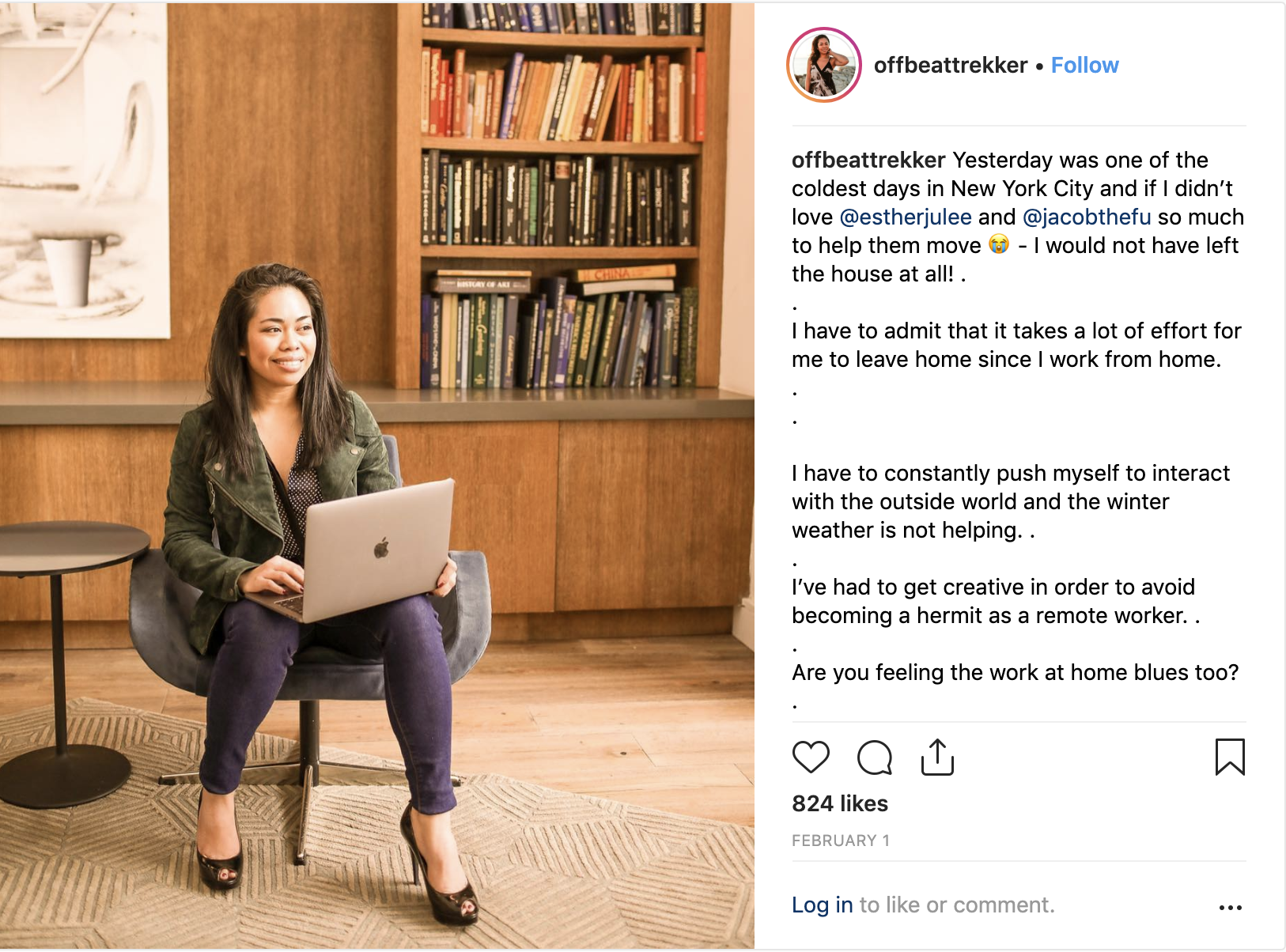
Protect your physical and mental health
“As a freelancer with a chronic illness, I have to be aware of and guard against stress and burnout every day. Over time, I’ve built in some fail-safes to help protect my health — both physical and mental. When I schedule meetings, I only book them for 1/2 hour. I let the person I’m meeting with know that I only have 30 minutes and suggest that we have an agenda to be sure we stay on track. I also recently bought an adjustable height desk and set an alarm on my phone to ensure that I change positions [to alternate] from sitting to standing throughout the day. I try to incorporate a walk outside every day that it’s not raining. I’ve found I’m much more productive after a walk in the sunshine.”
— Kathy Reagan Young, MS advocate and health blogger
Originally published on Healthline.
Follow us here and subscribe here for all the latest news on how you can keep Thriving.
Stay up to date or catch-up on all our podcasts with Arianna Huffington here.


